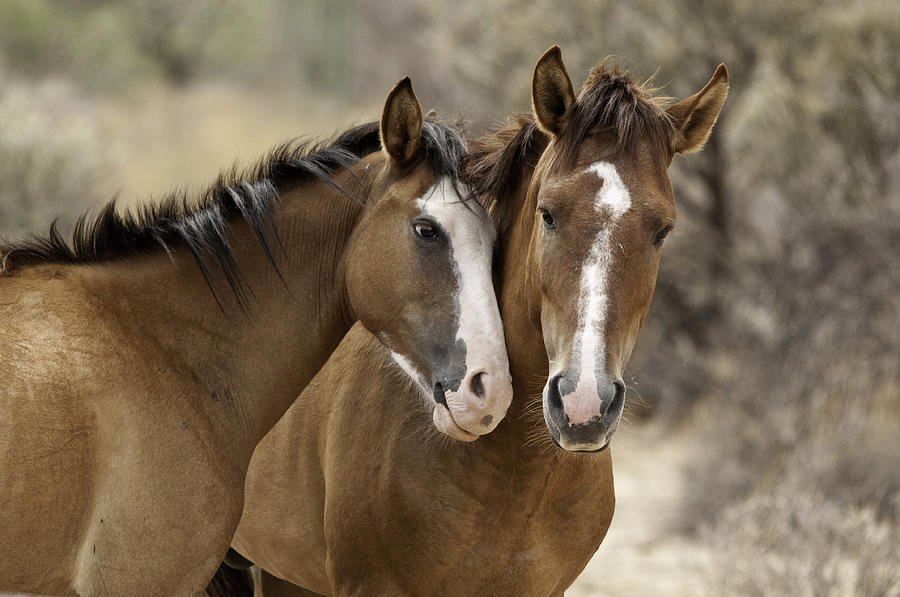
Code of Conduct - Welfare of the Horse
All those involved in national equestrian sport to adhere to the Code of Conduct for the Welfare of the Horse and to always acknowledge and accept that the welfare of the horse must be paramount. Welfare of the horse must never be subordinated to competitive or commercial influences.
Members must comply with national legislation in relation to animal welfare standards and the principles laid out in Article 13 of the TFEU which requires all members to pay full regard to the welfare requirements of animals.
The basic principles which must be adhered to are:
· Freedom from hunger or thirst by ready access to fresh water and a diet to maintain full health and vigour.
· Freedom from discomfort by providing an appropriate environment including shelter and a comfortable resting area.
· Freedom from pain, injury or disease by prevention or rapid diagnosis and treatment.
· Freedom to express normal behaviour by providing sufficient space, proper facilities and company of the animal's own kind.
Freedom from fear and distress by ensuring conditions and treatment which avoid mental suffering.
Registration and Vaccination
All horses competing in MEF events must be microchipped and registered with the Ministry of Agriculture, Fisheries and Animal Rights. Competitors must present valid horse passport or, if unable to present a passport, an identification document. Up-to-date vaccinations against equine influenza are also required for horses to compete. These will be checked at the veterinary examination conducted before each competition. Riders who fail to produce these documents will not be allowed to compete.
Animal Welfare Provisions
General welfare
· Good Horse management - Stabling and feeding must be compatible with the best Horse management practices. Clean and good quality hay, feed and water must always be available.
· Training methods - Horses must only undergo training that matches their physical capabilities and level of maturity for their respective disciplines. They must not be subjected to methods which are abusive or cause fear.
· Farriery and tack - Foot care and shoeing must be of a high standard. Tack must be designed and fitted to avoid the risk of pain or injury.
· Transport - During transportation, Horses must be protected against injuries and other health risks. Vehicles must be certified, safe, well ventilated, maintained to a high standard, disinfected regularly, and driven by competent personnel. Competent handlers must always be available to manage the horses. The long-distance transport of equines must be fully compliant with EU and national legislation.
Fitness to compete
· Fitness and competence - Participation in competition must be restricted to fit horses and athletes of proven competence. Horses must be allowed suitable rest period between training and competitions; additional rest periods should be allowed following travelling.
· Health status - No horse deemed unfit to compete may compete or continue to compete, veterinary advice must be sought whenever there is any doubt.
· Doping and Medication - Any action or intent of doping and illicit use of medication constitute a serious welfare issue and will not be tolerated. After any veterinary treatment, sufficient time must be allowed for full recovery before competition.
· Surgical procedures - Any surgical procedures that threaten a competing horse’s welfare or the safety of other horses and/or athletes must not be allowed.
· Pregnant/recently foaled mares - Mares must not compete after their fourth month of pregnancy or with foal at foot.
· Misuse of aids - Abuse of a horse using natural riding aids or artificial aids (e.g., whips, spurs, etc.) will not be tolerated.
Welfare during events
· Competition areas - Horses must be trained and compete on suitable and safe surfaces. All obstacles and competition conditions must be designed with the safety of the horse in mind.
· Ground surfaces - All ground surfaces on which horses walk, train, or compete must be designed and maintained to reduce factors that could lead to injury.
· Extreme weather - Competitions must not take place in extreme weather conditions that may compromise welfare or safety of the horse. Provision must be made for cooling conditions and equipment for horses after competing.
· Stabling at events - Stables must be safe, hygienic, comfortable, well ventilated and of sufficient size for the type and disposition of the horse. Washing-down areas and water must always be available.
· A vet should be available at an event. If a horse is injured or exhausted during a competition, the athlete must stop competing and a veterinary evaluation must be performed.
This Article may be modified from time to time with particular attention being given to FEI recommendations and future advancement in the field of animal welfare such as EFSA guidelines, EU/National legislation or evidence-based animal welfare indicators.
Abuse of Horses
No person may abuse a horse at any time. For the purpose of this Article abuse is defined as an action or omission which causes or is likely to cause pain or unnecessary discomfort to a horse, including, but not limited to:
· Inappropriate or excessive use of the whip in accordance with FEI Show Jumping Sport Rules 2.2.
· Use of an electric shock device.
· Inappropriate or excessive use of spurs.
· Inappropriate use of any device placed in a horse’s mouth such as bits.
· Use of an exhausted, lame, or injured horse.
· To "rap" a horse.
· To abnormally sensitise or desensitise any part of a horse.
· Use any device or equipment which causes excessive pain to the horse upon knocking down an obstacle.
· Use any device or equipment where prolonged or inappropriate use is linked (through official FEI recommendations or published reliable evidence within the field of veterinary sciences) to an increased the risks of pain or injury.
Reporting Abuse
Any person witnessing an abuse must report it to the competent authorities and notify the MEF in the form of a protest without delay. If an abuse is witnessed during or in direct connection with an event, it should be reported as a protest to an official. If the abuse is witnessed at any other time, it should be reported as a protest to the Secretary General who, following a review of the protest, shall take a decision as to whether or not to refer the matter to the MEF Disciplinary Committee.
